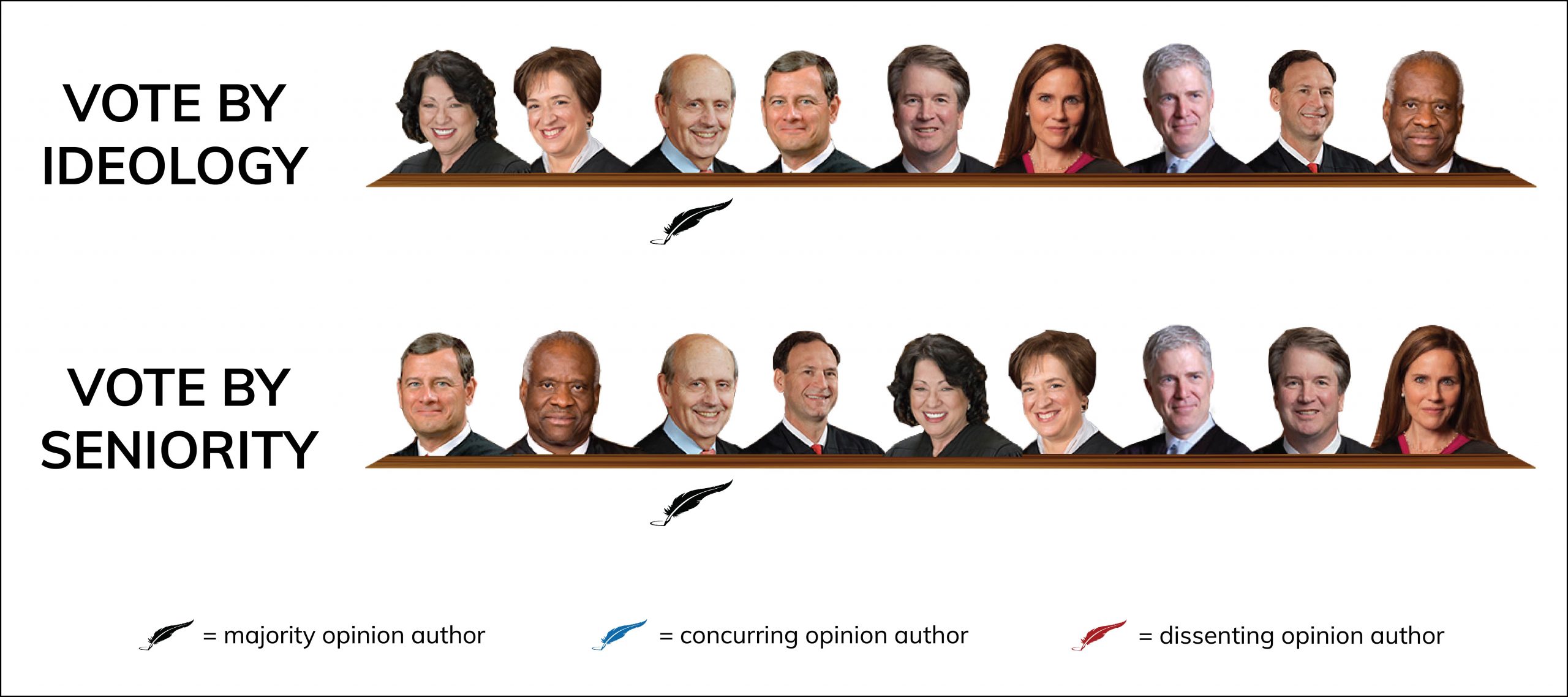Breaking News
Unanimous court curtails FTC’s ability to obtain restitution for deceptive practices

on Apr 22, 2021 at 11:14 am

The Supreme Court on Thursday unanimously ruled against the Federal Trade Commission in a dispute with a payday loan company over the extent of the commission’s authority to seek monetary restitution from companies engaged in deceptive practices.
In an opinion by Justice Stephen Breyer, the court held that Section 13(b) of the Federal Trade Commission Act does not authorize the FTC to seek (and does not allow courts to award) “equitable monetary relief such as restitution or disgorgement.” That’s because the statutory language at issue authorizes only injunctions, not monetary relief.
The dispute, AMG Capital Management v. FTC, arose out of a lawsuit that the FTC brought against entities involved in short-term or payday loans. A district court granted the FTC’s request for those entities to pay more than a billion dollars in restitution. The entities challenged the restitution award.
The FTC argued at the Supreme Court that the authority to seek injunctions under Section 13(b) historically has been understood to include “restorative monetary relief.” But the court rejected that theory on Thursday.
“Taken as a whole, the provision focuses upon relief that is prospective, not retrospective,” Breyer wrote.
“To read those words as allowing what they do not say, namely, as allowing the Commission to dispense with administrative proceedings to obtain monetary relief as well, is to read the words as going well beyond the provision’s subject matter. In light of the historical importance of administrative proceedings, that reading would allow a small statutory tail to wag a very large dog.”
Breyer added that the FTC still has the authority to obtain financial restitution on behalf of consumers under other sections of the FTC Act.
Check back soon for in-depth analysis of the opinion.


